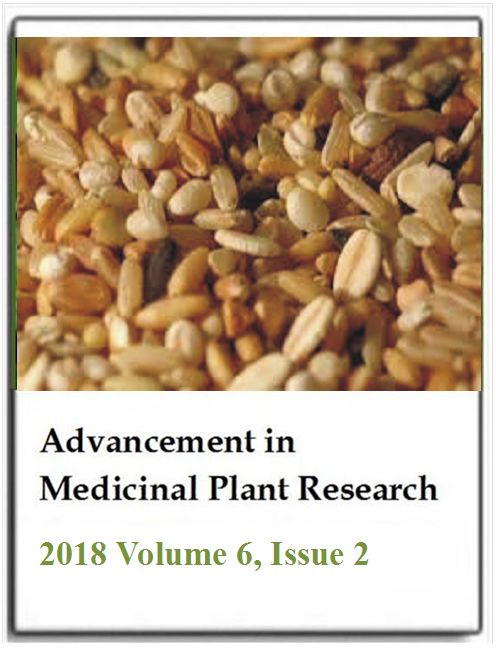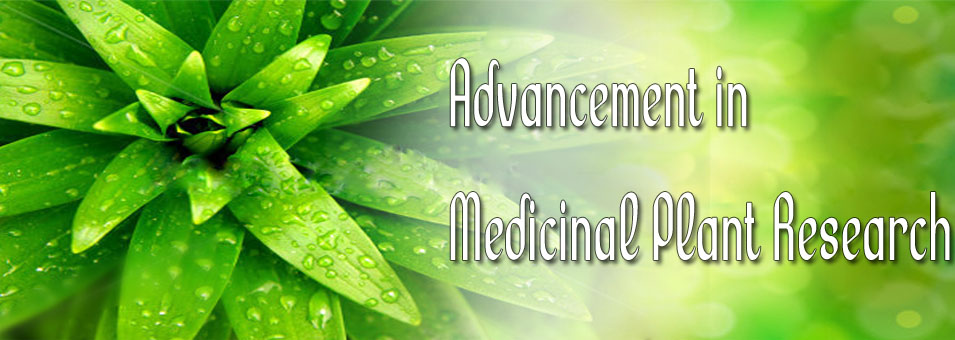Evaluation of essential oils against Sitophilus zeamais (Motshulsdy) (Coleoptera: Curculionidae)
Udomporn Pangnakorn and Sombat ChuenchooklinAdvancement in Medicinal Plant Research
Published: May 3 2018
Volume 6, Issue 2
Pages 19-25
DOI: https://doi.org/10.30918/AMPR.62.18.013
Abstract
The objective of the current study was to determine the fumigant toxicity of essential oils for control stored product insects pest. Essential oils from ten plant species currently found in Thailand: pine (Pinus Palustris), lemon grass (Cymbopogon citratus Stapf), peppermint (Mentha Piperita), citronella grass (Cymbopogon nardus Linn), sweet acacia (Acacia farnesiana), cinnamon (Cinnamomum verum J.S. Presl), sweet orange (Citrus sinensis Pers), basil (Ocimum basilicum L.), clove (Syzygium aromaticum L.), and star anise (Illicium verum Hook) were extracted by steam distillation and tested for their insecticidal activities against maize weevil (Sitophilus zeamais Motshulsdy). Fumigant toxicity test was evaluated on adult of the maize weevil under laboratory conditions. Mortality of the maize weevil was observed and recorded every 12 h until 72 h. Responses varied with the test applied 100 and 10 µl of essential oils from the ten plants species on the tested insects. Three of the essential oils (sweet acacia, basil and star anise) showed high toxicity and were selected for the residuality test to mortality by contact with a surface of treated petri dish and glass jar. The results revealed that diluted 7.5 µl and 205.0 µl of essential oils from three plants (star anise, basil and sweet acacia) achieved a high mortality of the tested insects at 100% within 36 h after exposure to surface of treated petri dish and glass jar respectively.
Keywords: Essential oils, fumigant toxicity, maize weevil Sitophilus zeamais (Motshulsdy), mortality.
Full Text PDFThis article is published under the terms of the Creative Commons Attribution License 4.0

